A group of Icelandic horses were exported to so-called “midge areas” in Europe – the majority of them went to Switzerland – on Monday, 16th March. This is the final stage of research carried out by the University of Iceland’s Institute for Experimental Pathology at Keldur, University of Bern and other partners on summer eczema in Icelandic horses.
Summer eczema, also known as equine insect bite hypersensitivity or sweet itch, is a chronic, recurrent seasonal dermatitis of horses caused by an allergic reaction to the bite of Culicoides biting midges which don’t exist in Iceland. The occurrence has been very high in exported Icelandic horses, up to 50% in areas where these midges are common. The eczema causes discomfort and distress and has proven a serious problem in Icelandic horse export.

The horses, ready for export. Sveinn Steinarsson, chairman of the Horse Breeders Association of Iceland, is second from the right.
“Summer eczema in horses exported from Iceland is a major welfare issue, even though it has varied, depending on the areas and circumstances. But in the worst situations the horses require extensive treatment and feel downright miserable,” comments Sveinn Steinarsson, chairman of the Horse Breeders Association of Iceland. “Of course, Icelandic horse owners abroad constantly acquire better knowledge of how to treat the eczema and how to accommodate their horses, but it often comes with a lot of extra work and cost and so it is important that a remedy is underway. Everyone who have been involved in the long work process on developing a vaccine for horses against the eczema have high hopes that the vaccine can be used as a preventive measure to protect the horses that are exported so that they will at least have a similar tolerance for summer eczema as Icelandic horses born abroad. A good result from the research will above all improve the wellbeing of Icelandic horses abroad and it will also be helpful in terms of marketing and sale of horses from Iceland. Of that, I am confident.”
Summer eczema has been studied at Keldur since 2000 in collaboration with many scientists, primarily at the University of Bern, Switzerland, the University of Bristol, UK, ORF Genetics and Cornell University in Ithaca, USA. The allergic proteins or allergens that cause the hypersensitivity have been isolated and produced by biotechnology.

Sigurbjörg Þorsteinsdóttir, immunologist and project leader at Keldur, with her reserch subjects.
The researchers have two goals: To use the proteins to develop a vaccine as a preventive measure against the summer eczema and to treat horses that already have the eczema.
Sigurbjörg Þorsteinsdóttir, immunologist and project leader at Keldur, explains in a promotional video, that: “By testing different vaccination methods, that is, injection routes, and different mixtures of allergens and adjuvants, we believe that we have found a method to direct the immune response against the allergens in the right direction so that it can be used as a vaccine.”
Veterinarian Vilhjálmur Svansson, who is on the research team, adds that a multitude of allergens were identified in the midges but that it varies between horses which of these allergens are most important. The vaccine they developed contains nine major allergens. The horses that were exported on Monday were injected straight into the lymph nodes, which is a difficult but effective method. The horses will stay in the “midge areas” for three years so that it can be determined whether the vaccine defends them against the eczema.

Veterinarian Vilhjálmur Svansson, one of the members of the research team.
Researchers at the University of Bern are planning desensitization experiments of horses with summer eczema with the vaccine.
In the video, PhD student Sara Björk Stefánsdóttir discusses the second part of the project: “It’s about developing a desensitization where horses with summer eczema are treated in order to reduce the symptoms of the disease. The method is based on treating horses through the mucosa of the mouth with barley flour. Allergens are produced in barley in collaboration with ORF Genetics.”
The method has been tested on healthy horses at Keldur using special bits and it has proven successful. Vilhjálmur explains that it’s possible to measure the suppressor response in healthy horses but now it must be studied how horses who suffer from summer eczema react. In collaboration with Cornell University horses with summer eczema in the USA will be treated.
PhD student Sara Björk Stefánsdóttir and post-doctoral reseracher Sigríður Jónsdóttir, who were on the research team, have left for Switzerland to meet the horses when they arrive.
The project’s sponsors:
Here you can read an article on the summer eczema study by the summer eczema research group.
Top photo: Eysteinn Leifsson from Export Hestar and Sveinn Steinarsson, chairman of the Horse Breeders Association of Iceland, with the research team: Ragna Brá Guðnadóttir, Vilhjálmur Svansson, Sigríður Björnsdóttir and Sigurbjörg Þorsteinsdóttir.
Text: Eygló Svala Arnarsdóttir. Photos: Gunnar Freyr Gunnarsson.
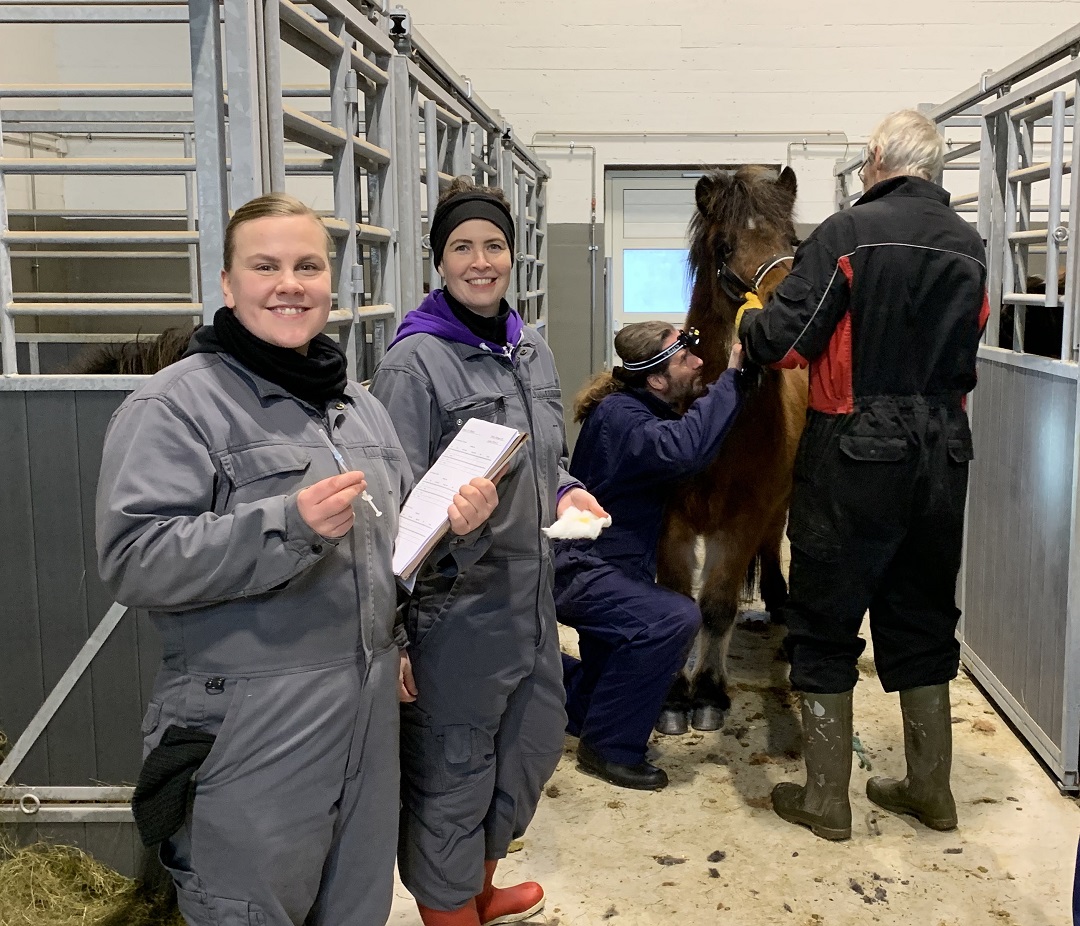
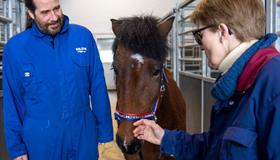
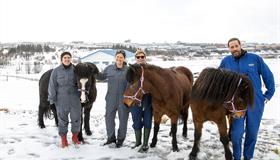




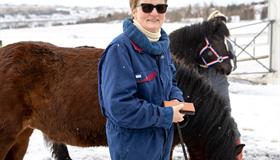
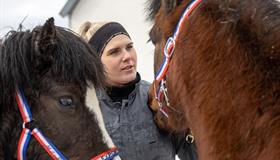
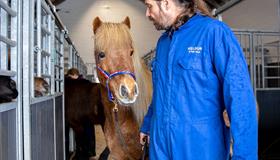

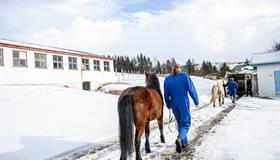
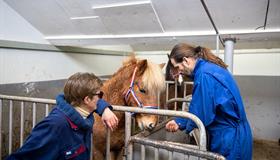
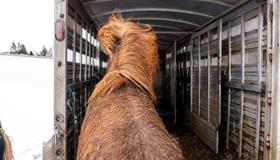
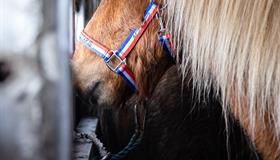
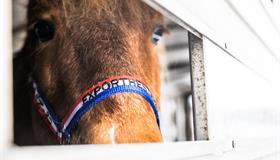
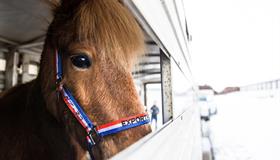
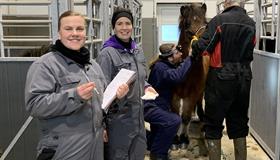






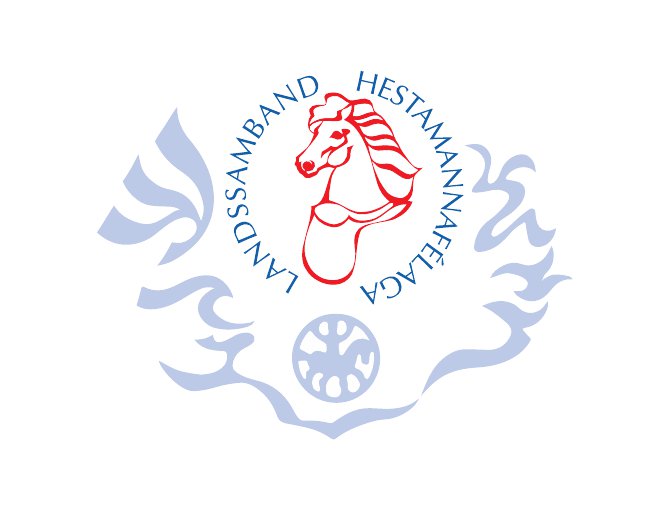

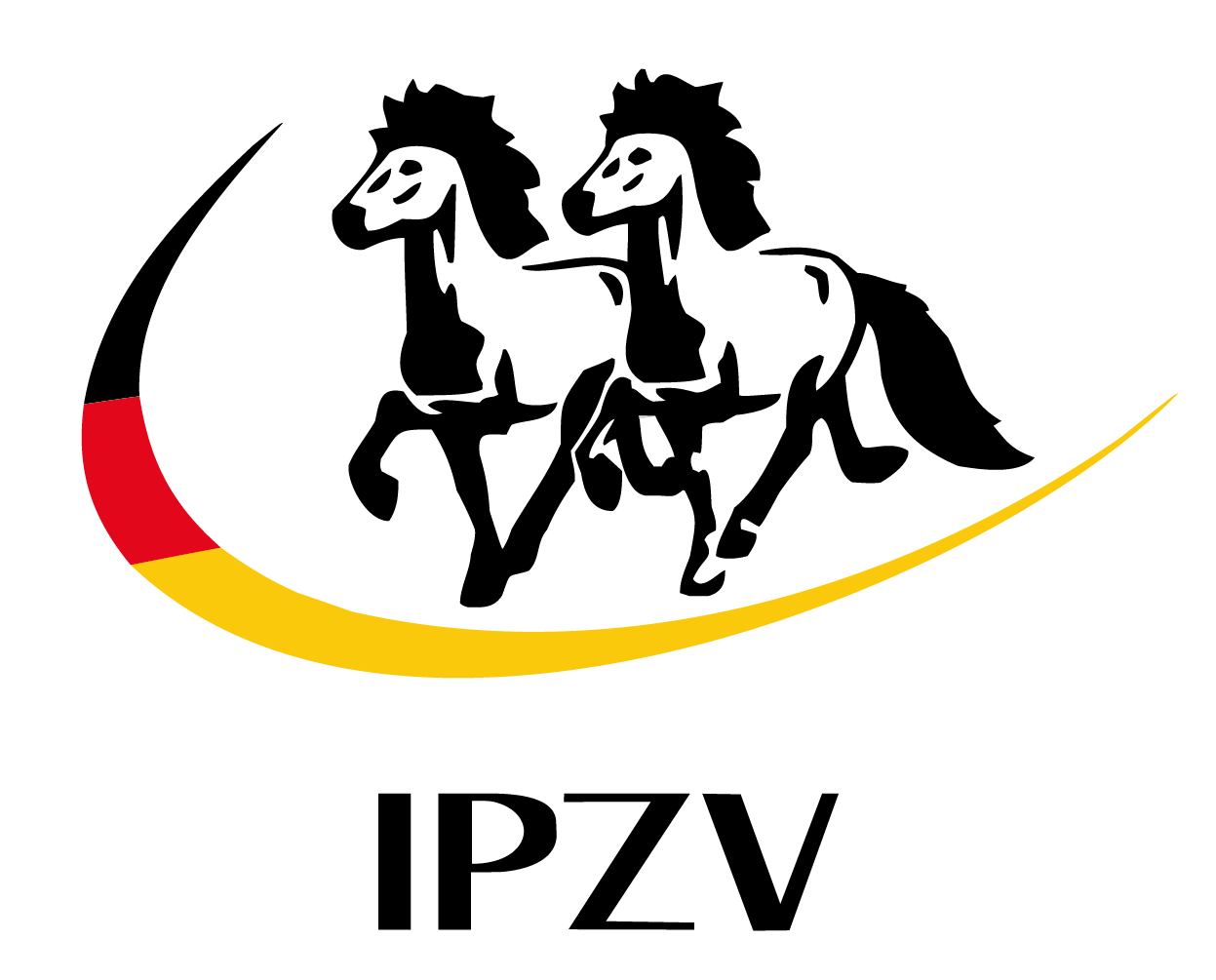









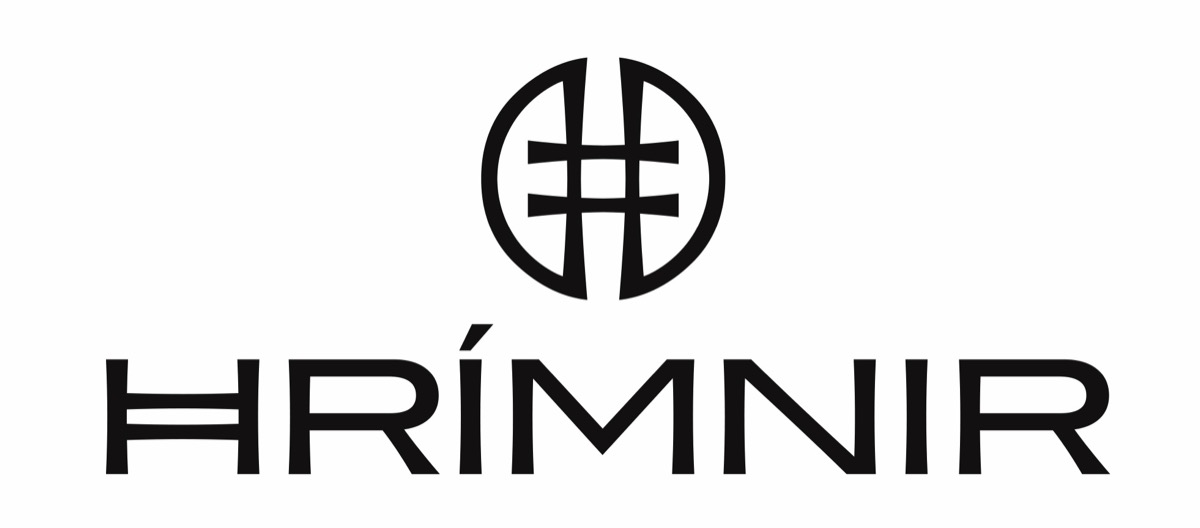

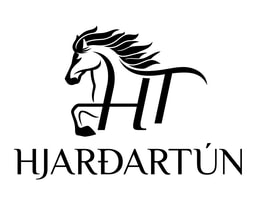
-1.jpg)






